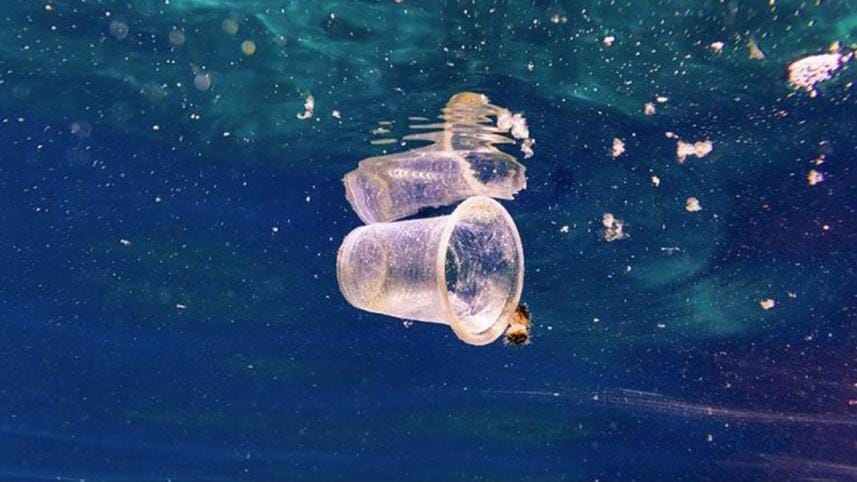Ban single-use plastics

The High Court yesterday directed the authorities concerned to ban single-use plastic products in coastal areas, hotels, motels and restaurants across the country in one year as they are health and environmental hazards.
The throwaway plastic products include drinking straws, cotton buds, cigarette butts, food packaging, food containers, bottles, plates, plastic cutlery and plastic bags.
In response to a writ petition, the HC also ordered the government to strictly enforce the ban on polythene or throwaway plastic bags across the country through regular market monitoring and closure of polythene manufacturing factories.
The government was ordered to submit, by January 2021, a report on the progress of the implementation of the directives.
In spite of the January 2002 ban on polythene bags, throwaway plastic bags have been freely available across the country.
The HC bench of Justice Moyeenul Islam Chowdhury and Justice Khandaker Diliruzzaman came up with the order following a writ petition jointly filed by 11 rights organisations, including Bangladesh Environmental Lawyers Association (Bela), seeking necessary order.
Syeda Rizwana Hasan and Sayeed Ahmed Kabir represented the writ petitioners.
The rights organisations submitted the writ petition as a public interest litigation on December 17 last year, saying that the hazardous effects of plastic -- particularly single-use plastics -- on ecology, aquatic and marine life, soil fertility, agricultural production, human health and safety were violations of citizens’ constitutional rights to life, health and environment.
According to the DoE, Bangladesh generates around 3,000 tonnes of plastic waste every day, the petition said.
A joint study carried out by the DoE and Waste Concern has found that 36 percent of plastic waste was formally recycled while 39 percent was dumped in landfills and the remaining 25 percent leaked into the environment, eventually flowing to the Bay of Bengal through the rivers.
According to the 2018 research findings of the National Geographic Channel, an American television channel, 300 different types of plastic goods end up in the Bay of Bengal via the Padma river.
The National Geographic study covered an area of 2,575 square kilometres from the Padma to the Bay of Bengal to reach this alarming conclusion, the rights organisations said in the writ petition, adding that in 2018 the United Nations Environment Programme (UNEP) had reported the dumping of 73,000 tonnes of plastic waste into the Bay of Bengal through the Padma, Jamuna and Meghna Rivers.
In the petition, they stated that according to a 2015 study by the Waste Concern, a total of 821,250 tonnes of plastic waste were generated annually in urban hubs of Bangladesh, while some 207,685 tonnes were dumped in marine environments every year.
According to this study, 95 percent of the solid plastic waste generated in Dhaka comprise poly-packed throwaways, including plastic bottles, polythene bags and sachets of fast food and non-food consumer goods such as toiletries, food items and toothpastes.
The study also revealed that per capita annual consumption of plastic products in Dhaka was 5.56 kg in 2005, which has more than tripled to 17.24 kg in 2017.
 For all latest news, follow The Daily Star's Google News channel.
For all latest news, follow The Daily Star's Google News channel.
Comments